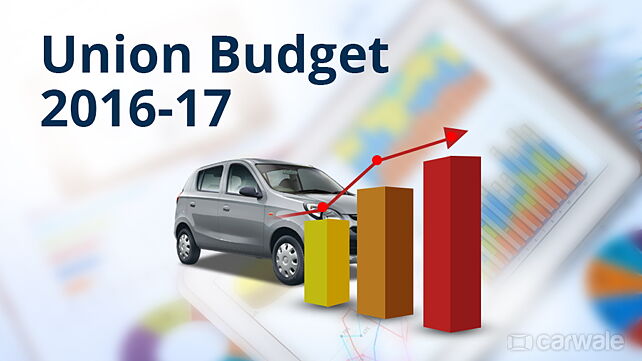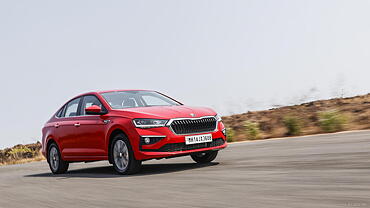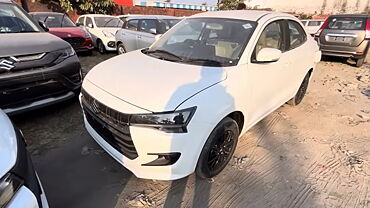
The Centre will present the Union Budget for the coming year on February 29. While the common man hopes for some more tax relaxation in direct and indirect taxes, the industries will also be looking at policy changes that will propel the growth. Here is the compiled wish list from the auto industry and the pointers that will bring the promised Ache Din.
Reduction in Excise duty
The excise duty is a major component in the ex-showroom price of a car. And under the current tax regime, excise duty on the SUVs forms 20 per cent of the total cost. Many manufacturers have been pushing for a reduction in the excise duty, especially on large cars and SUVs.
Implementation of GST
This is something, we know even the government is trying to implement for a while. The introduction of GST will mean uniform tax structure across the country and elimination of local taxes. This will also mean, whether you are buying a car in a metro city or in a smaller town, the on-road price will be the same. We will definitely hear more about the Goods and Service tax on Monday.
Vehicle scrappage policy
A lot of mass market manufacturers have hoped that the government will take a second look at the vehicle scrappage policy. Under this policy, vehicles over 15 years of age, will have to be compulsorily scrapped. Obviously, it will mean, there will be more buyers, which will automatically fuel demand and in turn growth. But the other benefits of this policy will be reduced pollution. The older cars in India were built to comply with the lower emission standards.
Infrastructure
Most manufacturers believe that more investment in infrastructure will automatically encourage people to buy more cars. It is certainly true in the case of metro cities, where the congestion on the roads discourages people from buying and using cars. Also better infrastructure will have a positive impact in many ways, right from generating employment to reducing commodities and travel cost.
Others
The companies that import vehicles to India are also hoping for a reduction in the customs duty. This is even more so in the case of motorcycle manufacturers. The other interesting item in the wish list had was the implementation of the seventh pay commission for the government employees, this will automatically increase the disposable income and can translate into additional business for automobile manufacturers.
While we are almost sure that the government will take definitive steps in implementing the GST and also cut direct taxes to some extent, which will increase disposable income. Reduction in excise and customs duty in the current budget seem unlikely. The government still looks at cars as luxury and taxes on those aren’t expected to come down any time soon. We will know how exactly the budget affects the automobile industry on Monday, stay tuned for a detailed report on the same.

































